|
|
|||||
This week, we look at the Great Green Wall, a massive, bold project to reverse engineer desert into oases in Africa. |
|||||
|
|
|||||
Top newsThe big idea: The Great Green Wall initiative is one of the most ambitious ecological restoration efforts on the planet. It aims to transform a band of (mostly desert) land across 11 climate-vulnerable countries from Senegal to Djibouti, a span of nearly 8,000 kilometres (5,000 miles). Formally adopted by the African Union in 2007, it has evolved from an effort singularly focused on planting trees to a range of activities that harness local practices to build soils, create thriving green spaces, produce food, and protect existing forests.  Source: The Global Environment Facility Why it matters: The Great Green Wall aims to restore 100 million hectares (247 million acres) of degraded land, sequester 250 million tonnes of carbon, and create 10 million green jobs in rural areas by 2030. To date it has restored more than 20 million hectares (49 million acres) of degraded land and created 350,000 jobs. These efforts are crucial because the Sahara Desert has expanded by about 10% over the past century, exacerbating food insecurity and instability. By 2050, the total number of internal climate migrants in sub-Saharan Africa could be as high as 86 million. Some noteworthy progress: Incredible stories, images, and videos have documented the transformation of desert landscapes into robust green spaces. A World Food Programme project in Senegal transformed 30 hectares (74 acres) of degraded land into a lush landscape of grasses, trees, and vegetable plants, just a small portion of the 300,000 hectares (740,000 acres) it has helped to rehabilitate. 👇🏼  Watch the full video here. What it costs: US$4.3 billion is needed each year until 2030 for the Great Green Wall to reach its goals. Multilateral and bilateral donors have pledged over US$19 billion to the Great Green Wall Accelerator, a fund established in 2021. But donor countries have a habit of overpromising and under-delivering climate finance (as we documented in The Climate Finance Files). Just US$2.5 billion had been spent as of 2022. And donors are doing a poor job of coordinating amongst themselves and the African Union, leading to a hodgepodge of projects and inefficient spending. 🤦🏽♂️ Why it’s at risk: It’s also unclear how much of the donor funding is in the form of grants versus loans. Or how much is actually new money and not funds repurposed from other development or climate projects. And donors appear to be prioritising certain countries over others. Burkina Faso, Chad, Mali, and Sudan — which have experienced military coups or conflict in recent years — have received less support than countries like Ethiopia and Niger. But conflict and political unrest in those two countries may now jeopardise their progress. If political will and funding continue to wane, and violence and instability persist, the Great Green Wall may become a Patchy Green Wall instead.  Signalling the alarm: Nearly 80% of surveyed climate scientists now expect the planet will warm by at least 2.5°C above preindustrial levels. Almost half anticipate at least a 3°C (5.4°F) increase. Those levels of heating could spark a “semi-dystopian” future rocked by famines, floods, wildfires, drought, and mass migration. Those impacts are likely to be most acute in already climate-vulnerable areas, including the wide swatch of countries where the Great Green Wall is being built. As we and others have noted, Africa can drive global climate change solutions, but it can’t do so alone. From the ONE Team
The numbers
 |
|||||
|
|
|||||
Quote of the week
|
|||||
|
|
|||||
What you should read, watch, and listen to:
|
|||||
|
|
|||||
A look ahead13-17 May: World Bank Land Conference 2024, Washington DC, US 14-15 May: C7 Summit, Rome, Italy |
|||||
|
|
|||||
The ONE Campaign’s data.one.org provides cutting edge data and analysis on the economic, political, and social changes impacting Africa. Check it out HERE. |
|||||
|
|
|||||
|
|
|||||
Did you like today's email?Loved it Mehhh Hated it |
|||||
|
|
|||||
Did you like today's email?Loved it Mehhh Hated it |
|||||
|
|
|||||
Wie hat dir dieser Newsletter gefallen?Richtig gut! Ging so… Überhaupt nicht. |
|||||
|
|
|||||
|
|||||
|
|||||
|
|||||
|
This email was sent by ONE.ORG to test@example.com. You can unsubscribe at any time. ONE Campaign |
